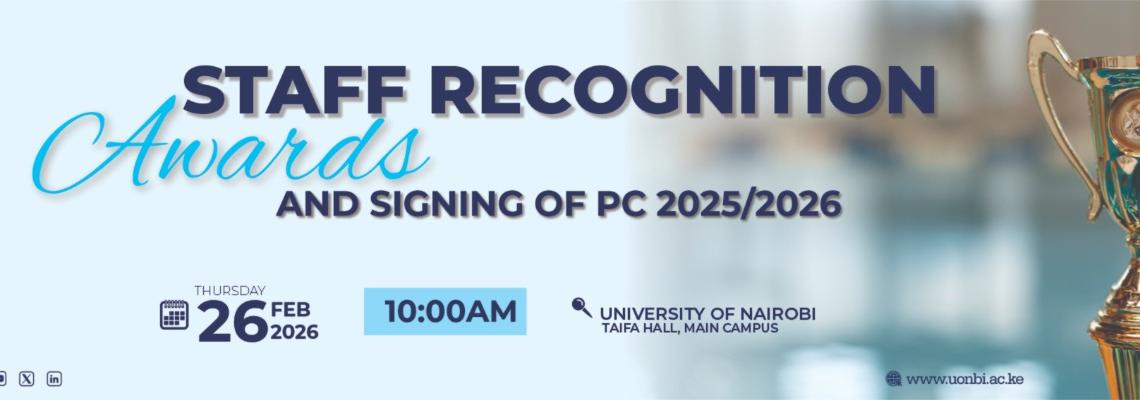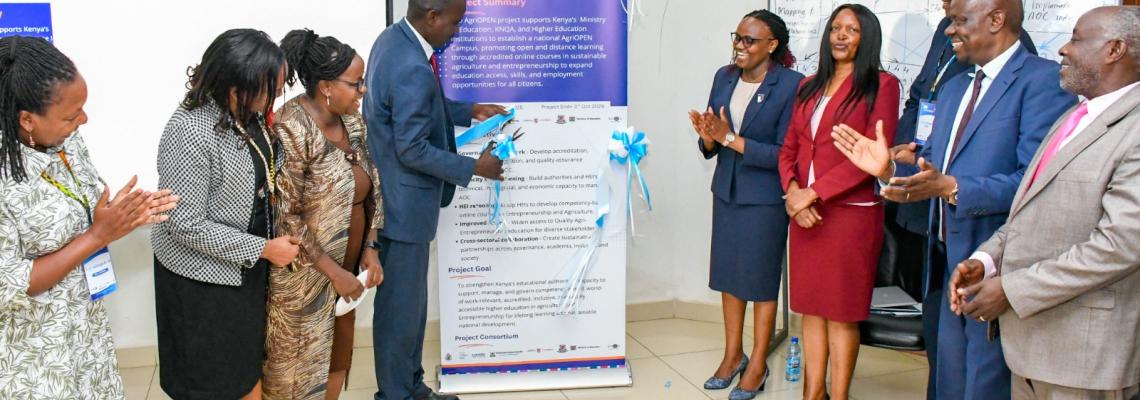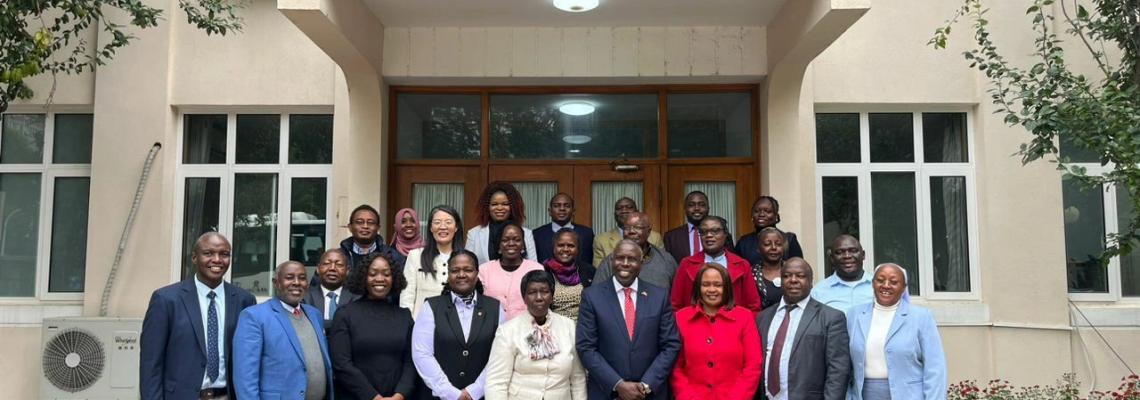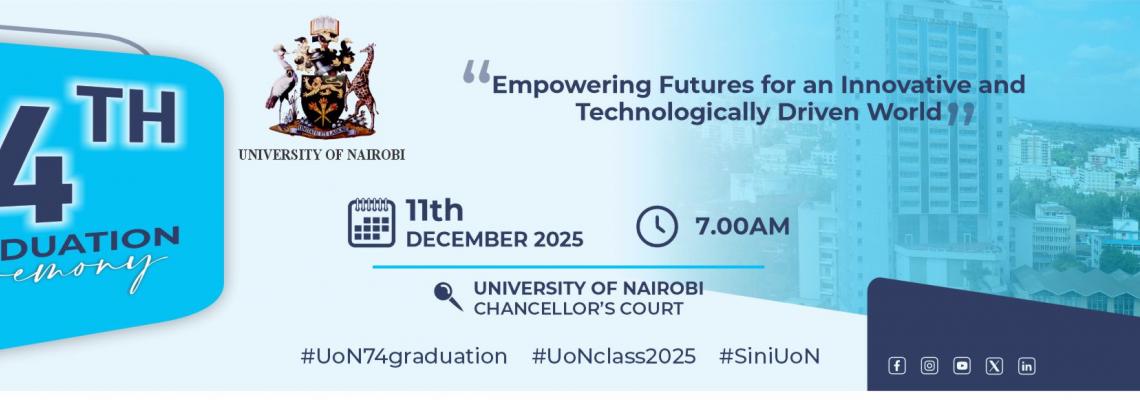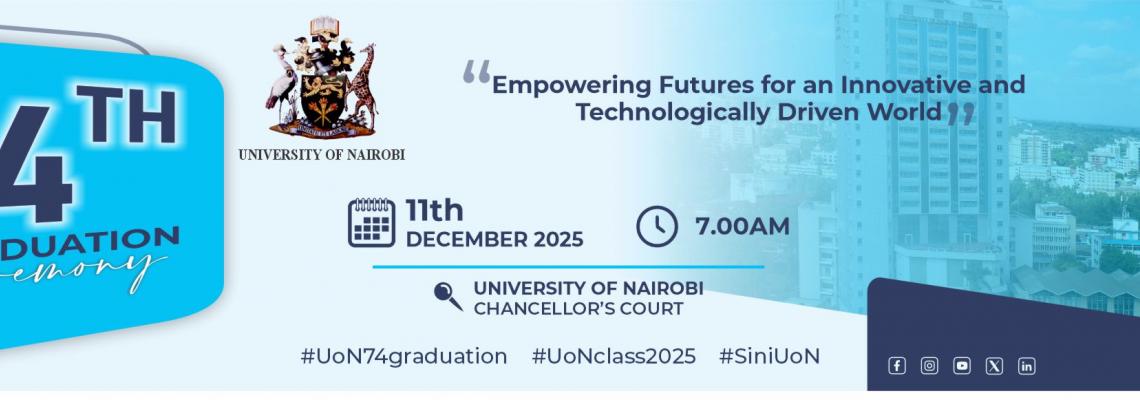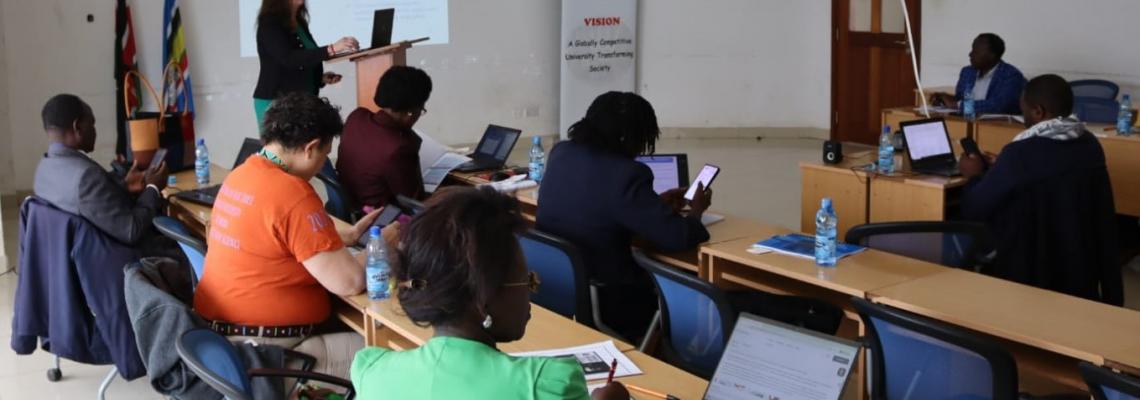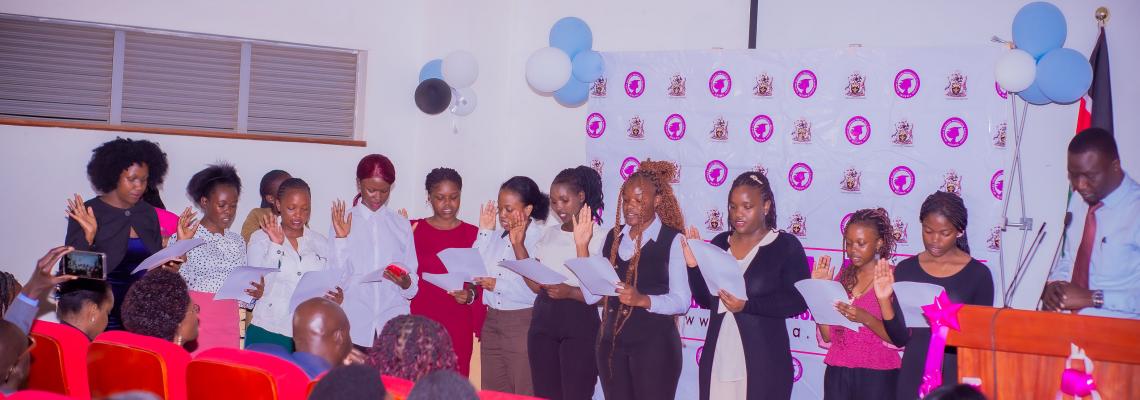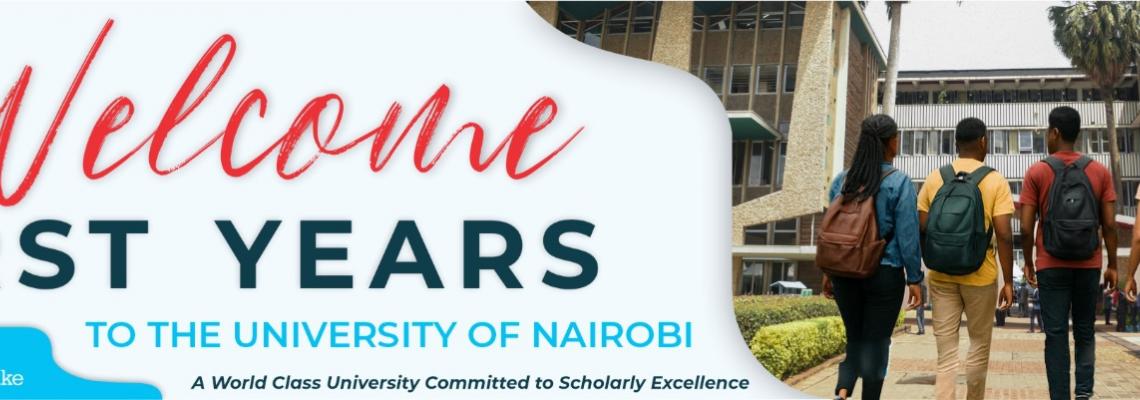Overview
Rationale for Education in Emergencies
In recent decades, conflicts, natural disasters, and pandemics have led to the displacement of millions of children keeping them out of school. In crisis-affected countries / contexts displaced children, especially refugees, asylum seekers and IDPs need to continue with education and must be brought back to school to access inclusive and quality learning that also optimizes retention and transition.
The goal of the Programme: The programme is designed to equip educators with theoretical and practical pedagogical knowledge and skills necessary for them to become professional teachers in complex emergencies and in different social-cultural contexts.
For whom?
The programme targets practising teachers - who may not have formal teacher training, as well as practising educators, and teachers who teach or aspire to teach in emergencies contexts.
Purpose/Benefits of the Programme (or why of the programme)
The DiTEiE programme will ground and sharpen your knowledge specifically to teach in low-resource and emergency contexts. You will learn indispensable skills on how to manage and teach in diverse, multi-cultural classrooms so that even the most vulnerable learners can thrive.
Mode of Delivery
Open, Distance and e-Learning (ODeL) mode
Limited face-to-face or synchronic
Contact of Support Persons:
- Prof Susan Chepkonga +254722647351,- Chairman
- Dr. Reuben Mutegi +254720679498- Coordinator Masters programme ,
- Sylvia Gaita + 254725020425- office
Structure
Mode of Delivery
Module1.Physical classes at Kikuyu Campus and Kenya Science Campus
Module 2. Nairobi Evening and Outreach - Virtual Classes
Nairobi – Day: Physical Classes at Kikuyu campus
Face to Face Reflective learning; Open, distance and e-learning (ODEL) mode; case study analyses, presentations, assignments, discussions, tutorials, group projects, collaborative online learning, field and institutional visits
Admission Requirements
Minimum Admission Requirements
The common admission regulations governing diploma courses at the University of Nairobi shall apply. The entry requirements for the Diploma in Teacher Education in Emergencies shall be:
- KCSE mean grade C plain; or
- KCSE mean grade C- (minus) and a P1 certificate or a certificate in any field from a post-secondary institution recognised by the University of Nairobi Senate; or
- KCE Division III and a certificate in any field from a post-secondary institution recognized by the University of Nairobi Senate; or
- KACE 1 principal pass; or
- A University degree in any field from an institution recognized by the University of Nairobi Senate.
HOW TO APPLY
Step 1: Visit the application website
http://application.uonbi.ac.ke
Step 2: Registration and creation of user account
Step 3: Profile management; key in personal details
Step 4: Uploading of certified testimonials
Step 5: Programme selection
Select and apply for Diploma in Education in Emergencies. You will be issued with a reference number and directed to pay the prescribed application fee. Always quote the reference number.
Step 6: Payment of Application Fees; 3000 KES, non-refundable
Pay the application fees using a Credit/Debit card
Mpesa Pay bill: Direct Cash deposit to KCB Branch University Way. Account Name-University of Nairobi (CESSP). Account number: 1177976374
Schedule of Intakes:
There is only one Intake in month of August every year/annually.
Careers
Attachment/ Career Opportunities
- Internships or Practicum Placements: Educational institutions, government agencies, non-profit organizations, and educational consulting firms often offer internships or practicum placements for students pursuing degrees in educational management, policy, or curriculum studies. These opportunities allow students to gain hands-on experience in real-world educational settings, working alongside professionals in the field.
- Research Assistantships: Students interested in research within educational management, policy, and curriculum studies may have the opportunity to work as research assistants for faculty members or research centers. This involvement provides valuable experience in conducting literature reviews, data collection and analysis, and contributing to scholarly publications.
- Fieldwork and Observational Studies: Attachment opportunities may involve fieldwork or observational studies where students have the chance to observe and analyze educational institutions, policies, or curriculum implementation processes in action. This can provide valuable insights into the practical challenges and dynamics of educational systems.
- Professional Development Workshops and Seminars: Educational management, policy, and curriculum studies often involve attending workshops, seminars, and conferences where professionals share insights, best practices, and the latest research findings. These events offer attachment opportunities for students to network with experts in the field and stay updated on emerging trends and issues.
- Collaborative Projects with Educational Institutions or Agencies: Students may have the opportunity to collaborate with educational institutions, government agencies, or community organizations on projects related to educational management, policy development, or curriculum design. These collaborative efforts can provide practical experience in applying theoretical knowledge to real-world challenges and contribute to positive change within educational systems.
- Policy Analysis and Advocacy Initiatives: Attachment opportunities may involve participating in policy analysis and advocacy initiatives focused on educational reform, equity, and access. Students can engage in research, policy brief development, and advocacy campaigns aimed at influencing educational policies and practices at local, national, or international levels.
NOTABLE ALUMNI:
1. Hon. Ms Sabina Chege Former Women Rep Muranga English/ Literature
2. Hon. Ms GathoniMucomba. Former Women Rep Kiambu, Now GithunguriMp. Eng Lit
3.Hon. Julius Melly – MNA Tinderet Constituency and Chair -Parliamentary Education Committee
4. Hon Dr. KiarieNdirangu- Governor - Nyandarua County.
5. Dr. Belio PS- Basic Education- MoE
6. Mr. John Matiangi - Nyamira County Government.
6. Mr. KipchumbaMaiyo Principal Kapsabet Boys,
7. Ms Flora Mulatya- Education Attachee - Australia
Fees and Funding
No. of Units
Tuition
KES per unit) KES 15,000
Exams
KES(1,000per unit)
Total KES
15 units + project and teaching practice
Semester 1
5 units
75,000
Statutory
28,750
Semester 2
5 units
75,000
Statutory
2,250
Semester 3
5 units
75,000
Statutory
2,250
Semester 4(project and teaching practice)
Statutory
23,750
Exam fees
15,000
GRAND TOTAL
297,000

